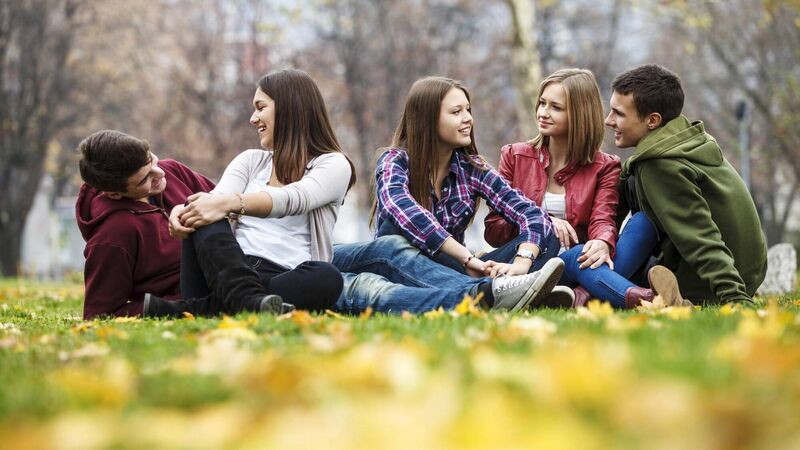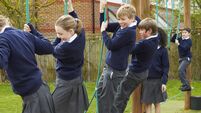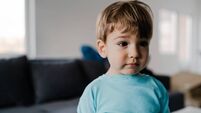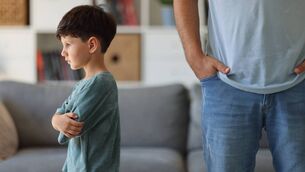Teenagers aged between 14 and 17 missed critical social and emotional milestones during the pandemic. They had to leapfrog from play dates and sleepovers, which were largely organised by their parents, to self-organising their social calendar. Many of this ‘lost generation’ continues to suffer due to prolonged lockdowns.
I facilitated several talks with parents in secondary schools recently, and many were keen to hear about ways they can support their children’s mental health as they return to post-pandemic normality. These concerns are shared by teachers and principals who also worry about young people presenting with anxiety and other emotional problems. Many admit they are struggling to know how to respond, given the volume and pervasiveness of anxiety.
Already a subscriber? Sign in
You have reached your article limit.
Subscribe to access all of the Irish Examiner.
Annual €130 €80
Best value
Monthly €12€6 / month
Introductory offers for new customers. Annual billed once for first year. Renews at €130. Monthly initial discount (first 3 months) billed monthly, then €12 a month. Ts&Cs apply.
CONNECT WITH US TODAY
Be the first to know the latest news and updates












